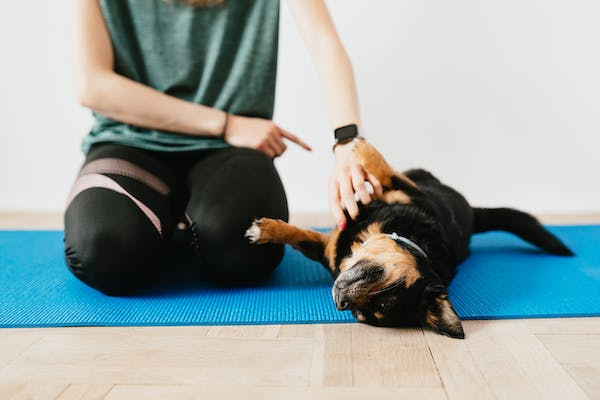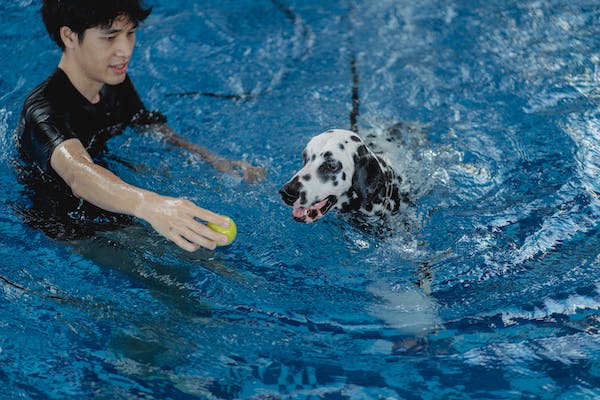
How to Train Your Puppy to Be Well-Behaved
Bringing a new puppy into your home is an exciting and rewarding experience, but it also comes with the responsibility of training them to become a well-behaved and happy member of your family. Puppy training is essential for creating a strong bond between you and your furry friend while teaching them vital life skills. In this article, we’ll provide a comprehensive guide on how to train your puppy to be well-behaved. Read More
1. Begin with Socialization
Early socialization is crucial for a well-rounded and well-behaved puppy. Introduce your puppy to various people, animals, environments, and experiences during their first few months of life. Socialization helps prevent fear and anxiety and ensures your puppy grows up confident and adaptable.
2. Establish a Routine
Puppies thrive on routine. Set a consistent schedule for feeding, potty breaks, playtime, and training sessions. A predictable routine helps your puppy understand what’s expected of them and reduces anxiety.
3. Crate Training
Crate training is a valuable tool for housetraining and providing your puppy with a safe space. Make the crate a positive place by associating it with treats, toys, and calm moments. Gradually increase the time your puppy spends in the crate to build their tolerance.
4. Housetraining
Housetraining is a crucial part of group dog training Encinitas. Take your puppy outside frequently, especially after eating, drinking, or waking up. Reward them with treats and praise when they eliminate outside. Be patient and consistent during this process, as accidents are a normal part of puppyhood.
5. Basic Obedience Commands
Teach your puppy basic obedience commands such as “sit,” “stay,” “come,” and “leave it.” Use positive reinforcement with treats, praise, and affection to reward correct behavior. Keep training sessions short and fun to maintain your puppy’s interest.
6. Leash Training
Leash training is essential for safety and enjoyable walks. Begin by introducing your puppy to the leash indoors, then gradually move to outdoor walks. Reward your puppy for walking calmly on the leash and teach them to heel and respond to “leave it” when they become distracted.
7. Socialize Continuously
Continue socializing your puppy throughout their first year. Expose them to different environments, people, and animals to ensure they remain well-adjusted and friendly.
8. Bite Inhibition
Teach your puppy bite inhibition to prevent them from developing aggressive behavior. When your puppy bites too hard during play, make a high-pitched yelp and stop play immediately. This mimics how puppies learn bite control from their littermates.
9. Redirect Unwanted Behaviors
Puppies can display unwanted behaviors like chewing, digging, or excessive barking. Redirect these behaviors to appropriate toys and provide mental and physical stimulation to prevent boredom.
10. Consistency is Key
Consistency is crucial in puppy training. Everyone in your household should use the same commands and follow the same rules. Avoid confusing your puppy with mixed signals.
11. Seek Professional Help if Needed
If you encounter difficulties or have specific training needs, consider enlisting the help of a professional dog trainer. They can provide guidance, address behavioral issues, and create a personalized training plan.
12. Patience and Positive Reinforcement
Above all, be patient and use positive reinforcement throughout your puppy’s training journey. Avoid punitive methods, as they can harm your puppy’s trust and confidence. Celebrate your puppy’s successes with treats, praise, and affection.
Conclusion
Training your puppy to be well-behaved is a rewarding process that requires time, patience, and consistent effort. By following these guidelines, you can raise a happy and well-adjusted canine companion who will bring joy to your life for many years to come. Remember that training is a lifelong journey, and with dedication and love, you can enjoy a fulfilling and loving relationship with your well-behaved puppy training.



